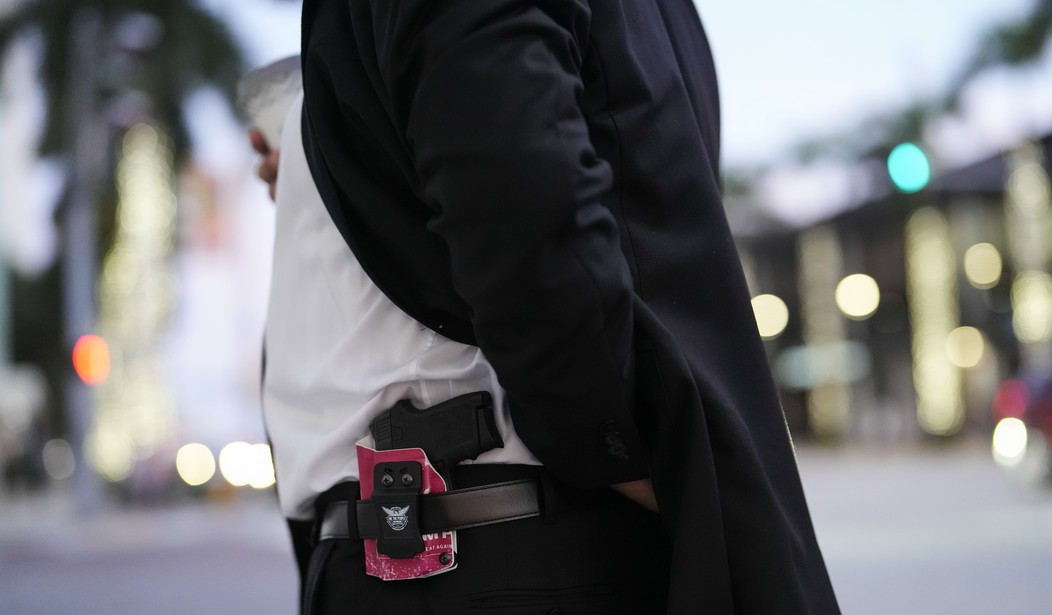The debate around gun control typically centers on the tension between protecting individual rights and public safety. This is especially true when it comes to red flag laws, which allow courts to confiscate firearms from individuals deemed to pose a threat to themselves or others.
Opponents of these laws argue that they give the government too much authority to violate people’s Second Amendment rights. Supporters contend that these laws are necessary for preventing mentally disturbed people from harming themselves or other people.
A recent study explored public opinion on red flag laws using data from the Guns in American Life Survey (GALS), which was conducted in 2018. Researchers found that respondents who personally know compromised gun owners are more likely to support these measures irrespective of their political views.
The study revealed that “Adults who believe they know a ‘compromised’ gun owner (e.g., dangerous, seriously mentally ill, or suffering dementia) tend to be much more supportive of red flag laws, moderating the effects of immersion in gun culture.”
The report also noted that “Between 5 and 7% of U.S. adults know gun owners that they think are compromised, either because of dementia or dangerousness.”
Among those who know a compromised gun owner, 86 percent expressed support for red flag laws. About 72 percent of those who did not know a compromised gun owner supported these measures.
In many cases, political ideology tends to be a strong predictor of support for red flag laws. However, knowing a compromised gun owner tends to override political influences.
There are reasons not to take the findings of the study as gospel. Bearing Arms’ Tom Knighton pointed out some problems with how researchers conducted the study:
I looked at the methodology and Kelley’s research found participants through an outfit called Qualtrics.
Qualtrics is an online platform that basically connects researchers with respondents who are interested and willing to take part in the research.
Yet there are problems with using the platform for research. The questions cannot be open-ended, meaning that people are basically forced to choose one answer or another. This isn’t unusual with any attempted survey, but sometimes, the question has a lot of nuance.
Yet Qualtrics also has some concerns with respondent issues, including bots and professional survey-takers who may not be giving honest answers, just clicking whatever answer they can get to first.
Moreover, there’s really no way to vet whether or not someone is actually a gun owner, pro-gun, or anything else. They can say whatever they want to be included in certain categories of questioning and then skew the results.
So while I expect this study to make a lot of headlines all over the place, and no one is going to mention the issues with Qualtrics, there’s also no reason to take it seriously.
Nevertheless, there have been other studies suggesting that most Americans support red flag laws, an issue the anti-gunner lobby has taken advantage of. Still, approval of these laws does not make them right – or even practical.
For starters, red flag laws allow the government to seize firearms without sufficient due process. In many cases, a judge can simply issue a temporary firearm seizure without the gun owner being present to defend themselves, which undermines constitutional protections.
Some would argue that these laws are necessary for domestic violence situations. Preventing suspected abusers from possessing guns could help to save their victims. But what about when these laws are used against victims who might need to defend themselves from abusers?
This is why due process is important. It allows potentially innocent people to also make their case for why the government should not be allowed to take their guns.
Another issue is the eventuality that some will misuse these laws for personal or political motives. Family members, neighbors, or law enforcement could falsely accuse someone of being a danger to themselves or others out of spite or for other illegitimate purposes, leading to a wrongful firearm confiscation.
Finally, it is worth noting that red flag laws are largely ineffective – especially when it comes to preventing mass shootings at schools or in other areas. In many of these situations, the shooter was already known to the authorities before carrying out the act. If law enforcement is already aware of a gun owner who has displayed red flags and fails to do something, then it renders the laws impotent.
Nobody, regardless of political affiliation, wishes to see people harm themselves or others using firearms or other methods. But we cannot sacrifice Second and Fifth Amendment protections for the illusion of safety.














